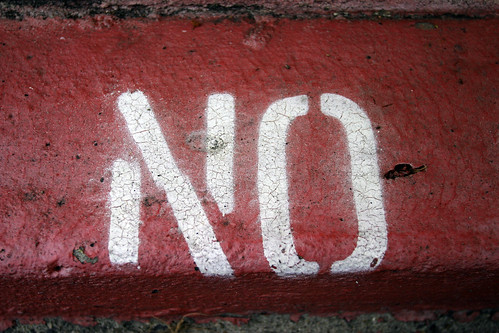What we call the beginning is often the end
And to make an end is to make a beginning.
The end is where we start from. T.S. Elliot, Little Gidding
As I sat in church Sunday, listening to the Homily on beginnings and endings and the coming of Advent, I thought, too, about teaching. Our school years certainly begin and end, giving us closure on one episode and an ability to re-do or start again. But I also thought about how difficult this shift in thinking about teaching and learning is for some. Letting go of traditional beliefs means an end to what we know, what is comfortable, and what made sense in our past.
As Carol Dweck says, people hold onto a mindset for a reason. At some point in their past it made sense in forming who they were and who they wanted to be. When we ask people to shift their mindsets about how people learn and what they should do in the classroom, that “end” can be difficult, almost painful. As Dweck says, it’s like letting go of yourself.
But beginnings can also hopeful if we approach them well. We need to look for examples of what is working, using those positive models to frame reasons for change. As the Heaths said in Switch: Knowledge alone doesn’t change behavior. “To create and sustain change, you’ve got to act more like a coach and less like a scorekeeper. You’ve got to embrace a growth mindset and instill it in your team.”


